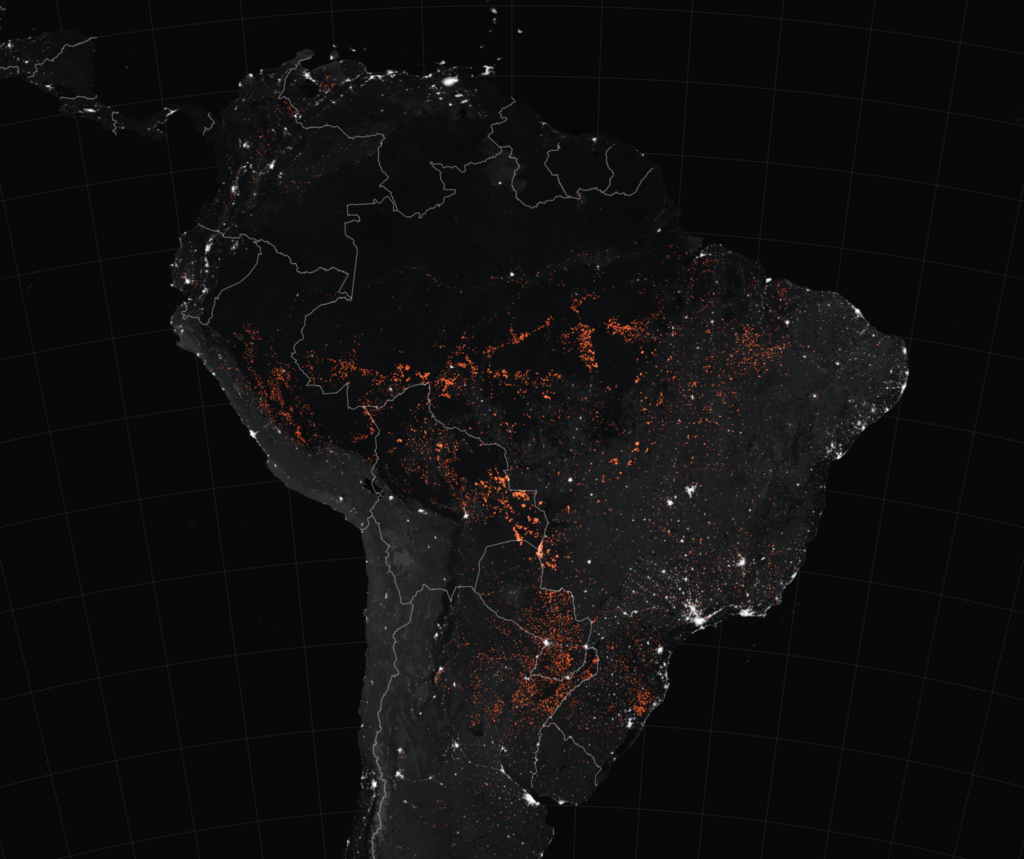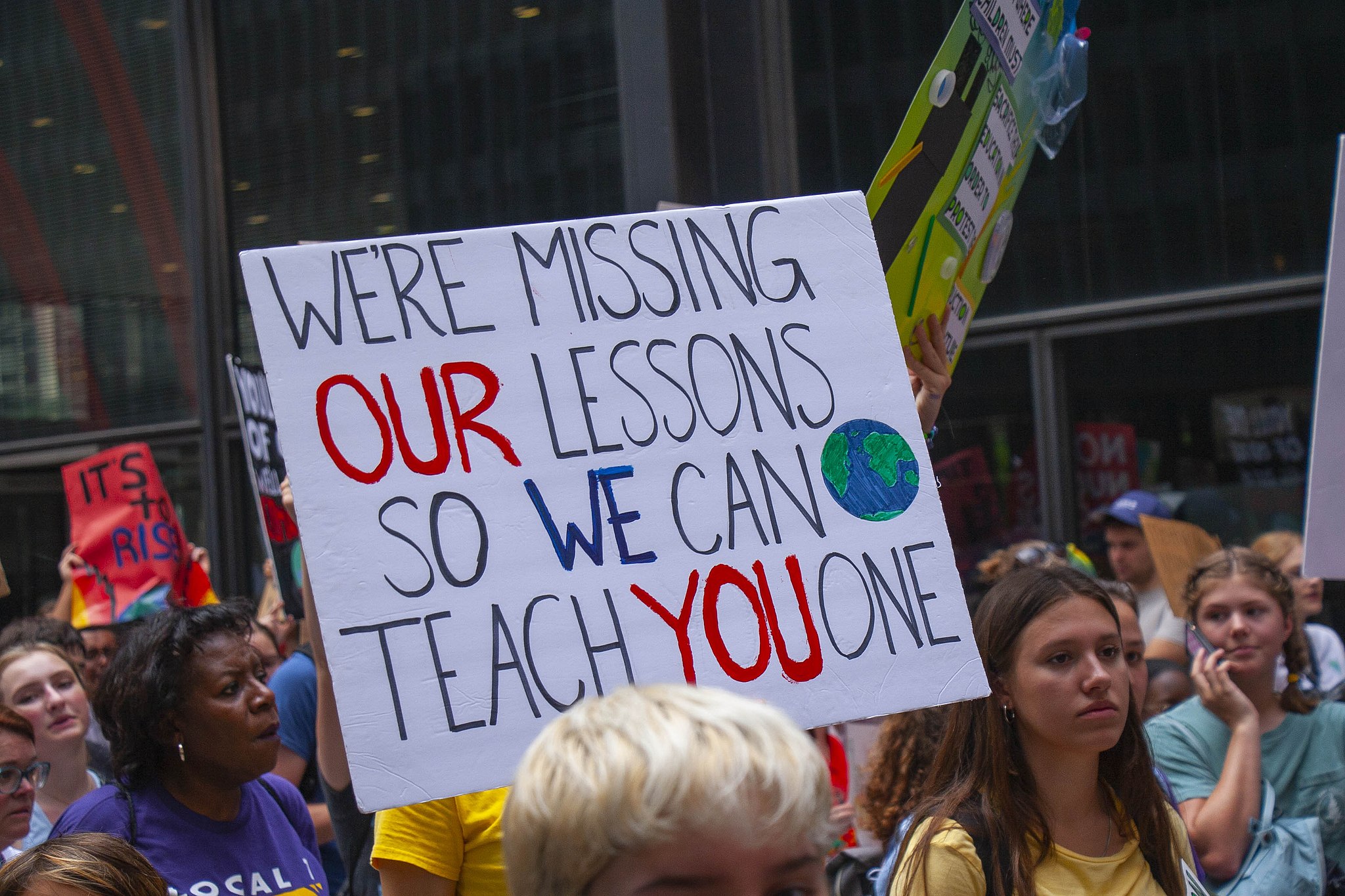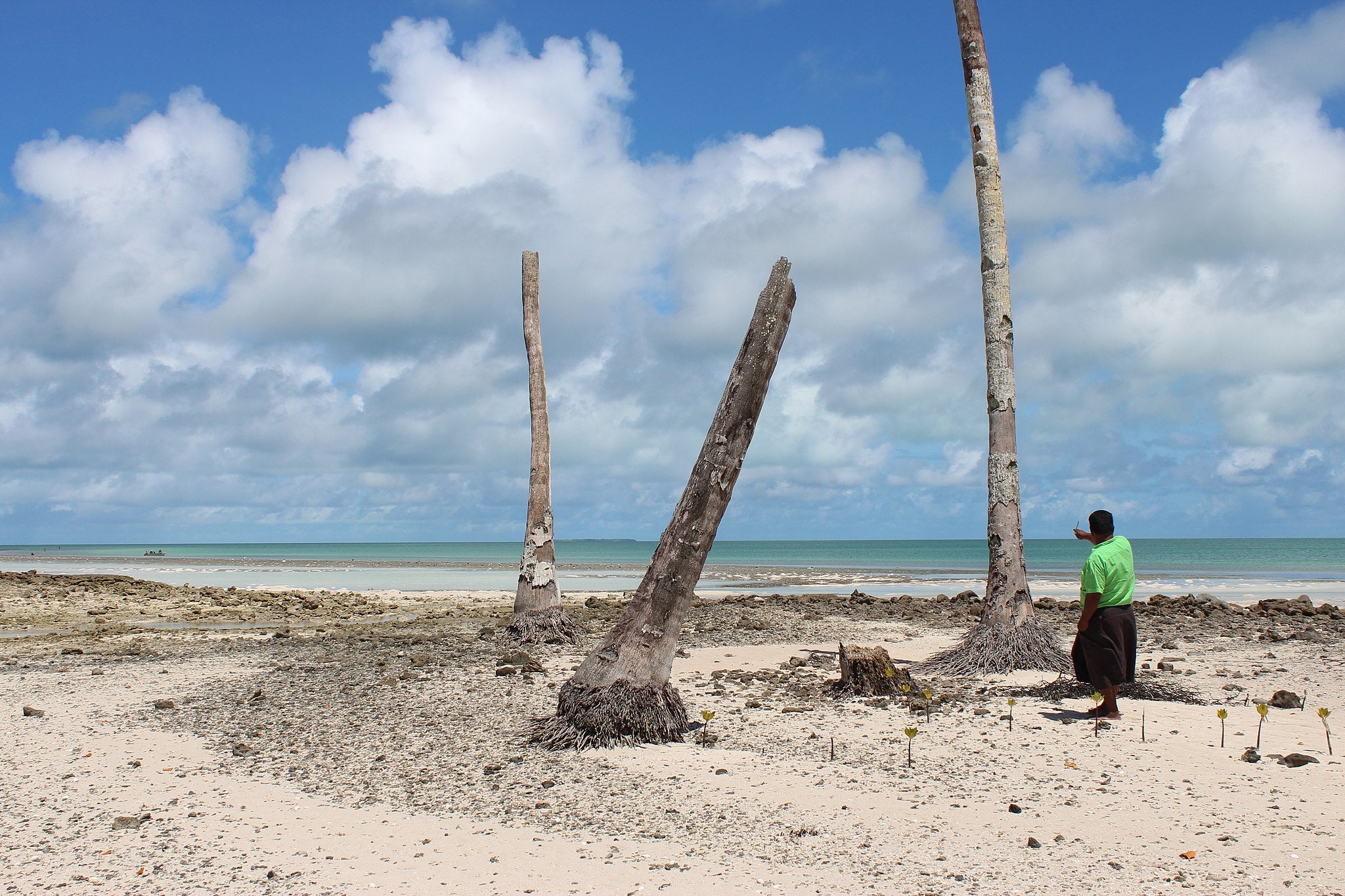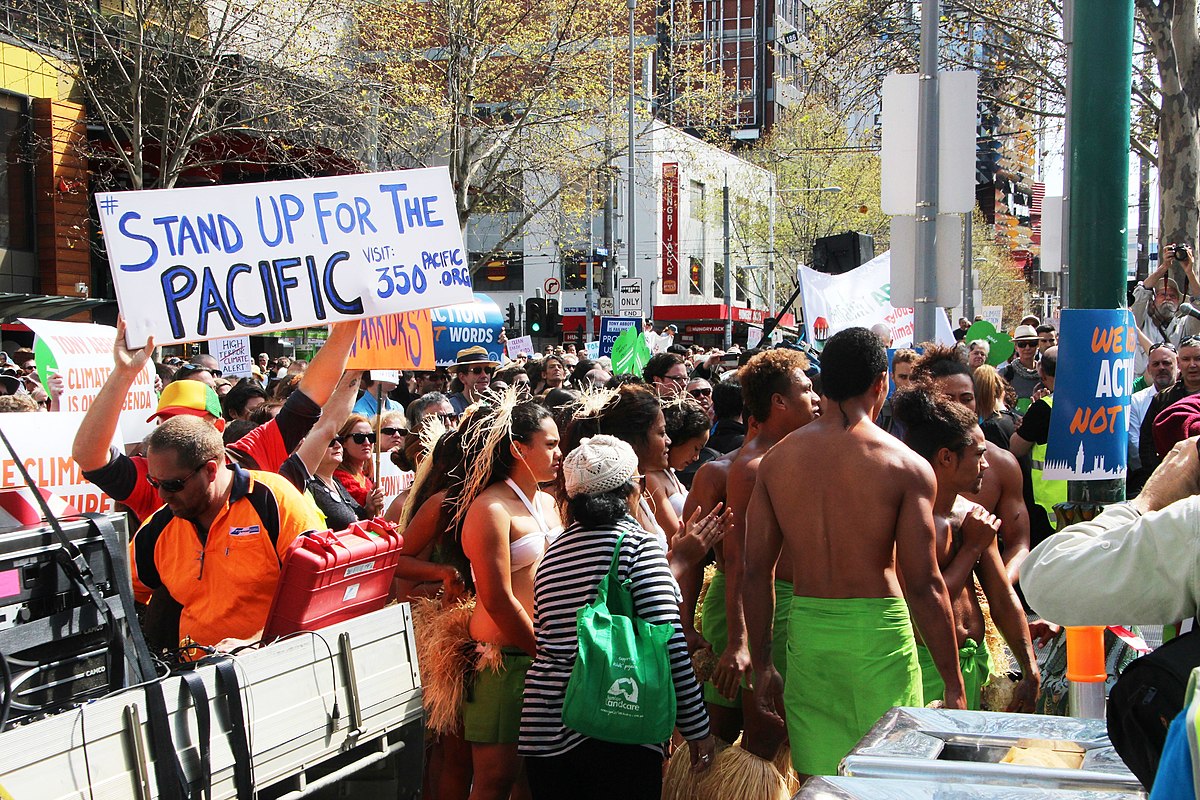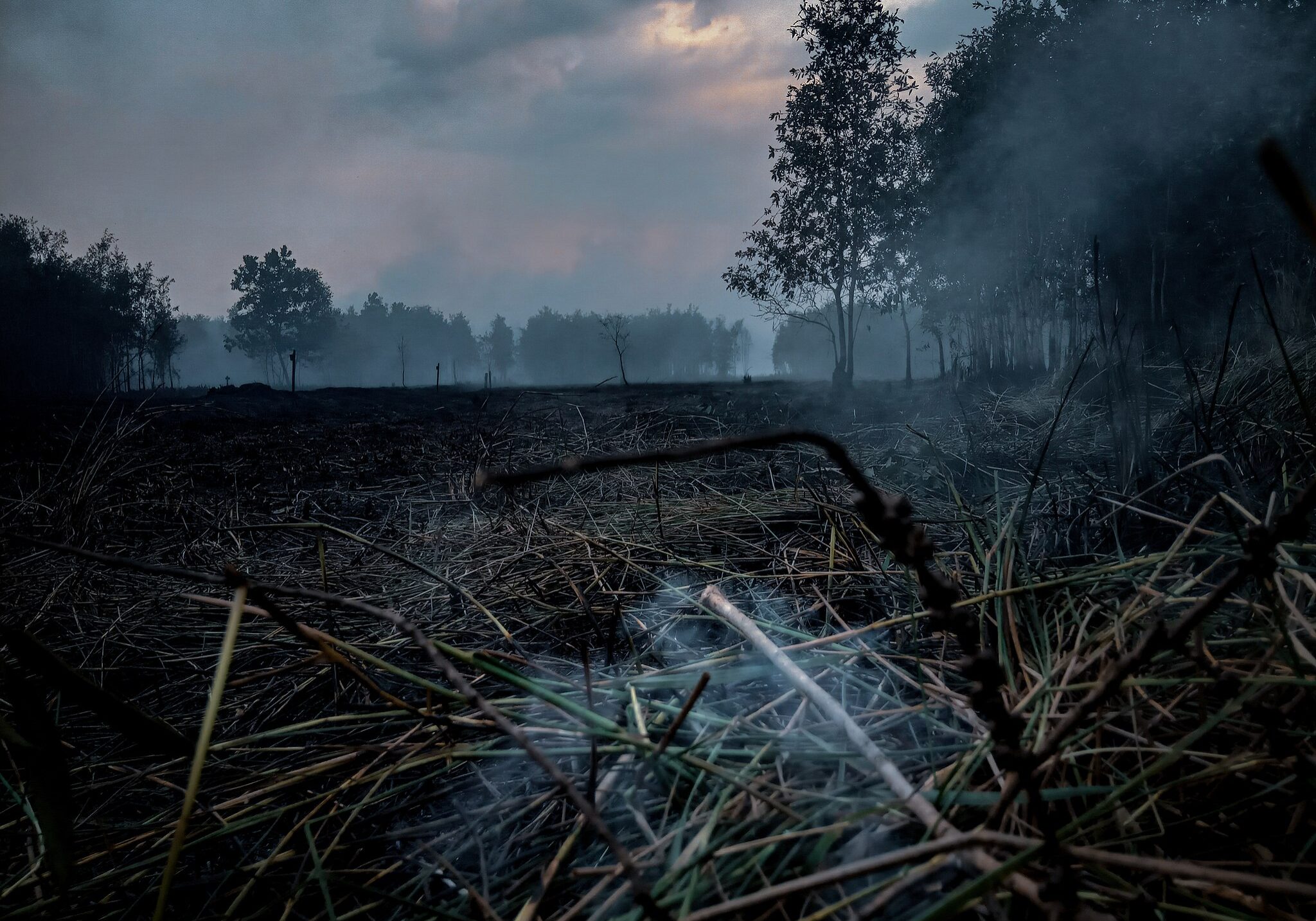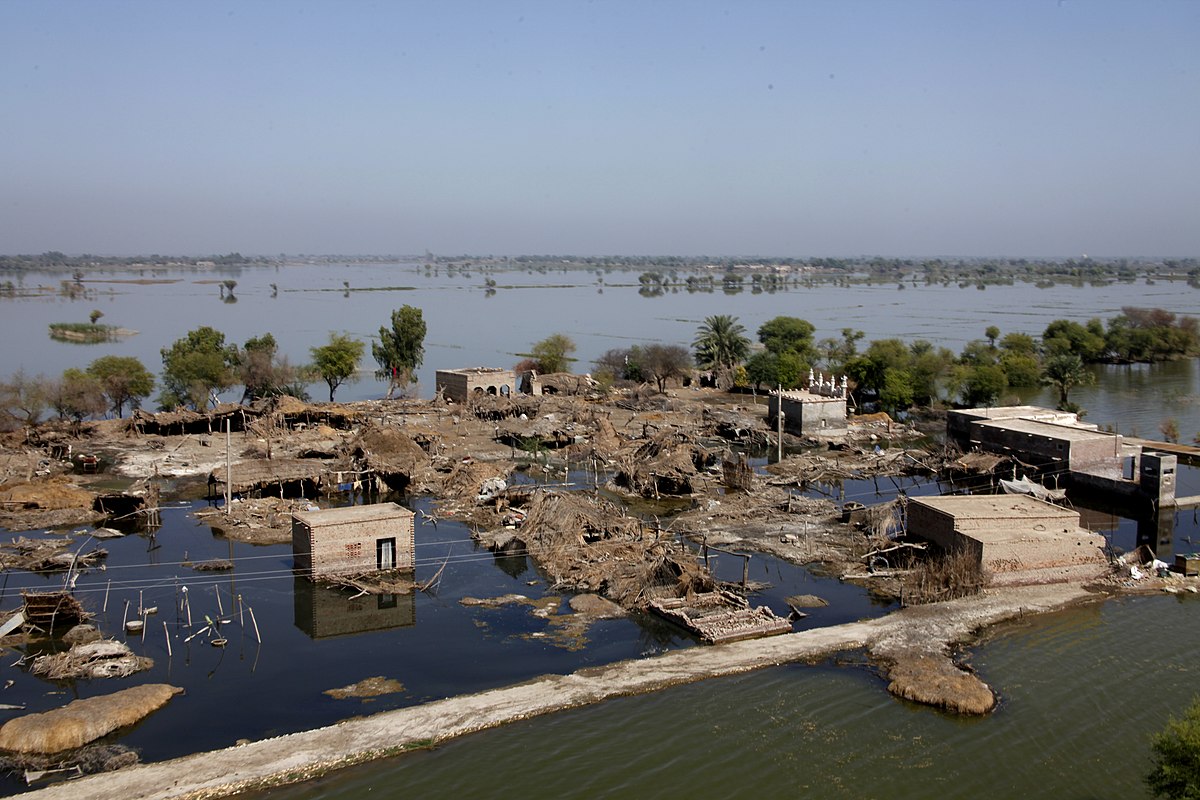Climate Change in an Unequal World:
Does International Law Matter?
INTRODUCTORY BLOG
Published on 12 September 2022
Climate Change in an Unequal World: Does International Law Matter?
by Dr Nilüfer Oral and Dr Ntina Tzouvala
The adverse impacts of anthropogenic climate change, while global, have disproportionate consequences for many states and peoples that have contributed the least historically. There is a scientifically established correlation between the systematic rising global temperatures caused by greenhouse gas emissions from human activities and the unequal process of industrialization that contributed to the division between the developed, developing and least developed countries.
Published on 12 September 2022
Climate Justice Demands a World Beyond International Law
by Dylan Asafo
To Indigenous peoples across Te Moana Nui a Kiwa (more commonly and colonially known as the Pacific Ocean), the answer to the big question ‘does international law matter?’ lies in the answer to the question “do we matter to international law?’. This is because our richly diverse but mutually collectivist worldviews require us to pay attention to whether there is reciprocity in our relationships with all peoples and things – even this thing called ‘international law’.
Published on 15 September 2022
Climate Change in an Unequal World: Do International Courts and Tribunals Matter?
by Margaretha Wewerinke-Singh
Climate change is widely seen as the defining challenge of our time. It is already having devastating impacts on people, biodiversity and ecosystems around the world, with serious implications for the enjoyment of human rights. These impacts are felt disproportionally by those who are already vulnerable or marginalised—the same segments of the world’s population who have contributed the least to the root causes of climate change.
Published on 16 September 2022
Climate Change Litigation: A View from ASEAN
by Jolene Lin
Frustrated by governmental inaction and threatened by the impacts of climate change on their homes and livelihoods, citizens and environmental groups around the world have taken the quest for climate justice to the courts. Greenpeace, the world’s largest environmental NGO network, has filed climate change-related lawsuits in Argentina, Norway, Mexico, Germany and Indonesia for example.
Published on 21 September 2022
Addressing Loss and Damage: The Unanswered Call for Climate Reparations
by Julia Dehm
The Alliance of Small Island States (AOSIS) has been raising the issue of compensation for climate impacts since at least 1991 while the United Nations Framework Convention on Climate Change (UNFCCC) was still being drafted. Yet in the international climate regime, this demand for reparative justice has been persistently evaded due to developed countries’ refusal to discuss any compensation of historical harm or anything that might give rise to liability.
Published on 19 September 2022
The Configurations of Latin American Climate Law
by Juan Auz
Alongside the contingencies of human spatial settlement, the law co-creates and perpetuates vulnerability. As a social technology, law dictates the allocation of property rights and financial resources amongst and within specific communities. In Latin America, the law has therefore played a substantial role in obstructing impoverished and racialised populations from benefiting from such material and rights distribution.
